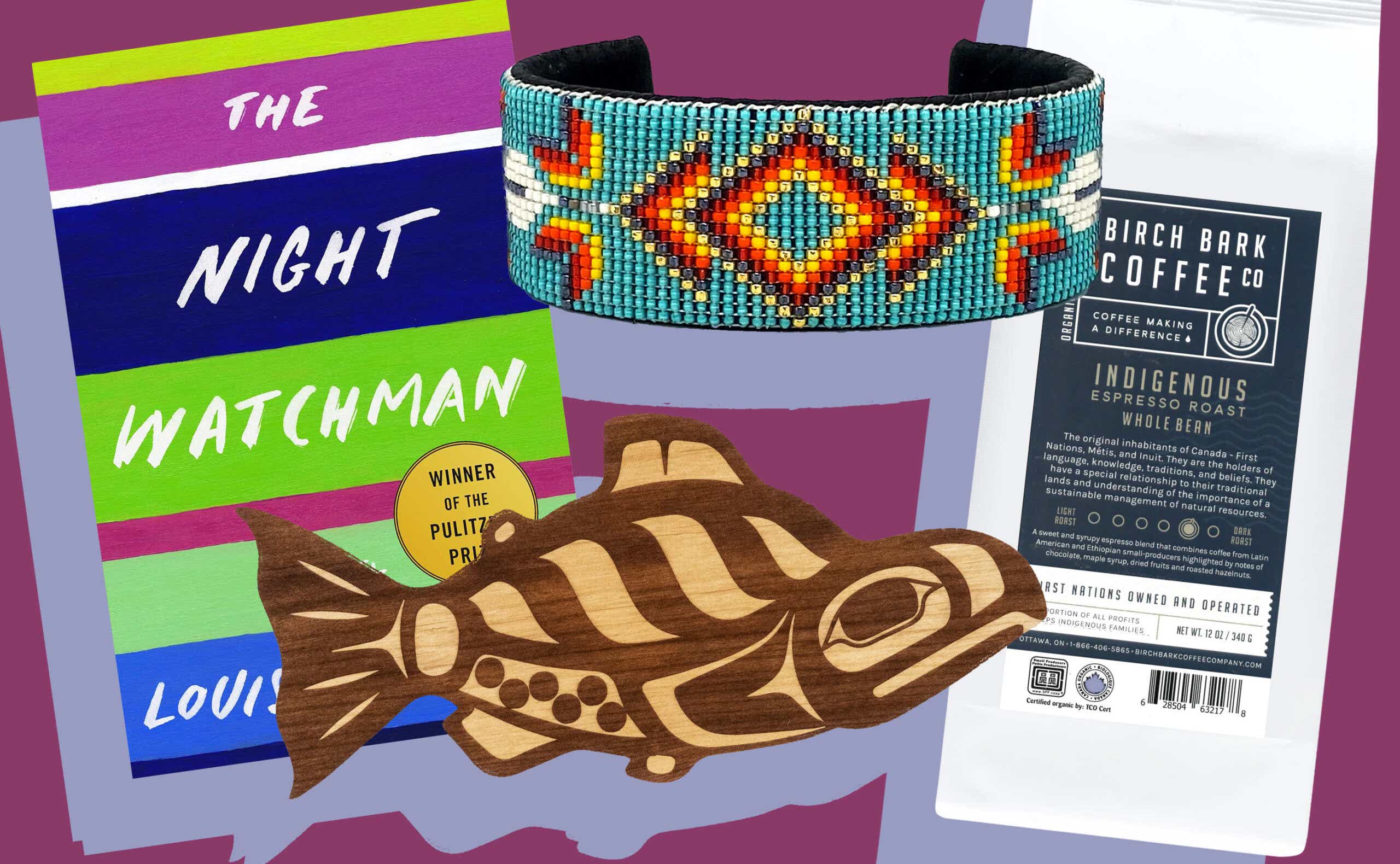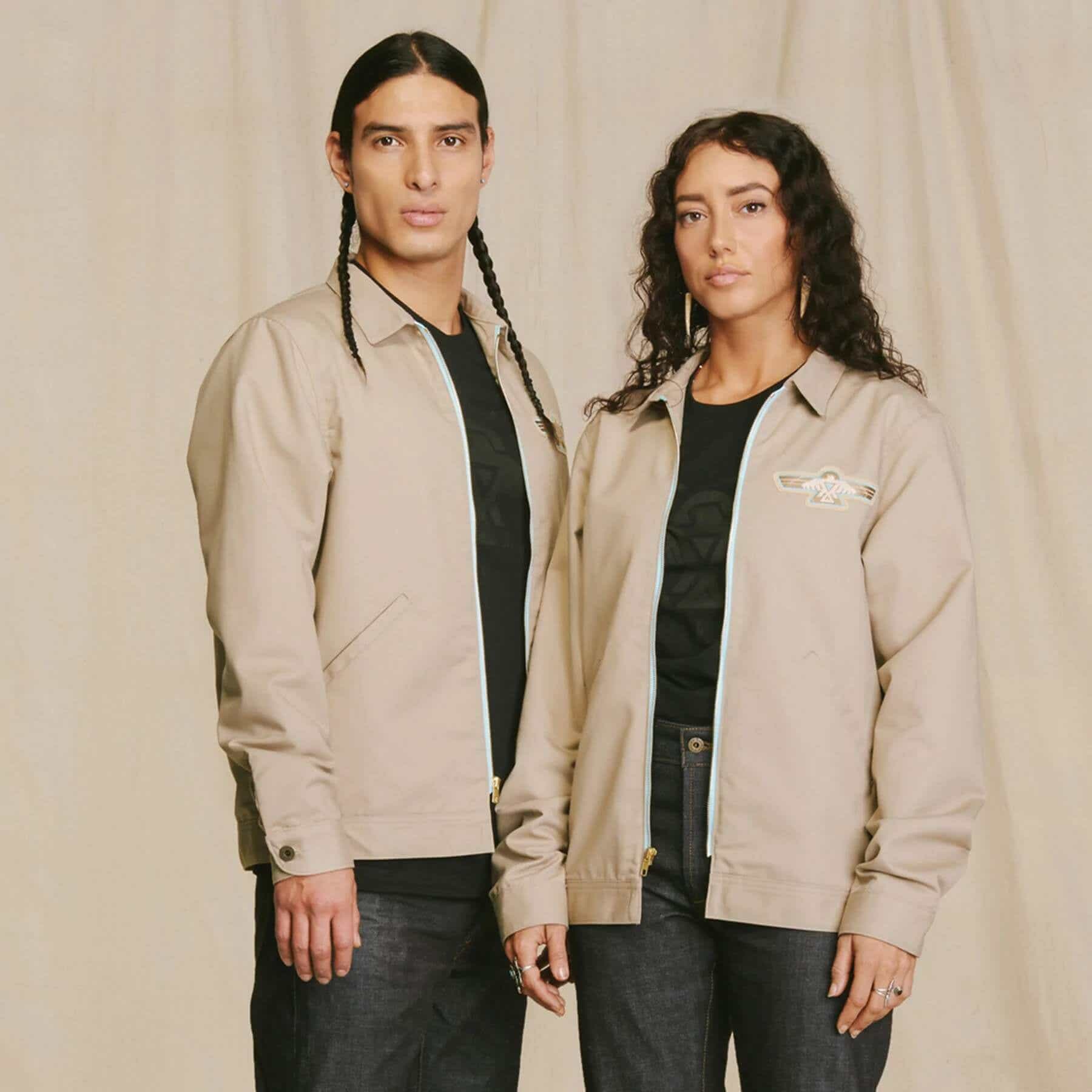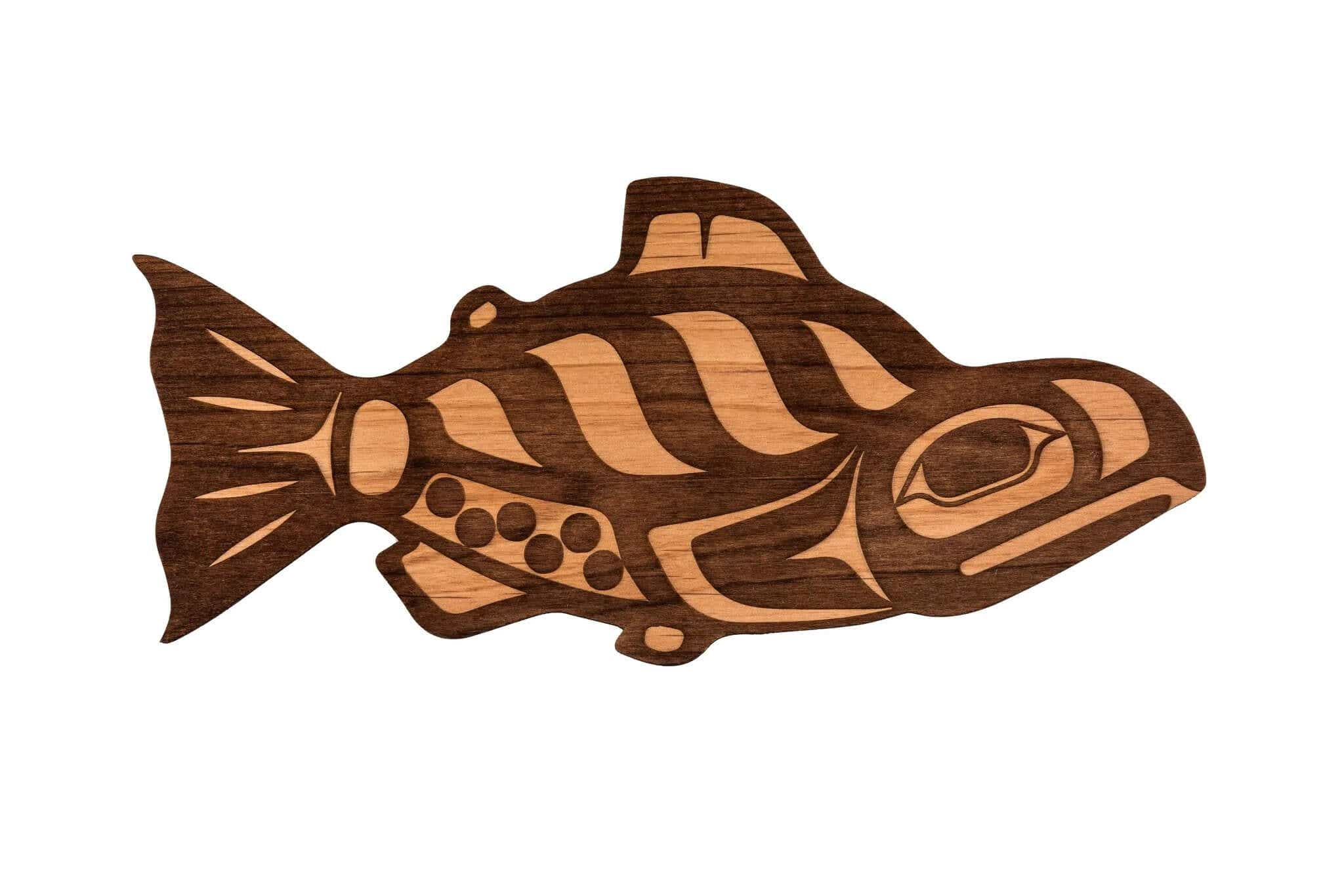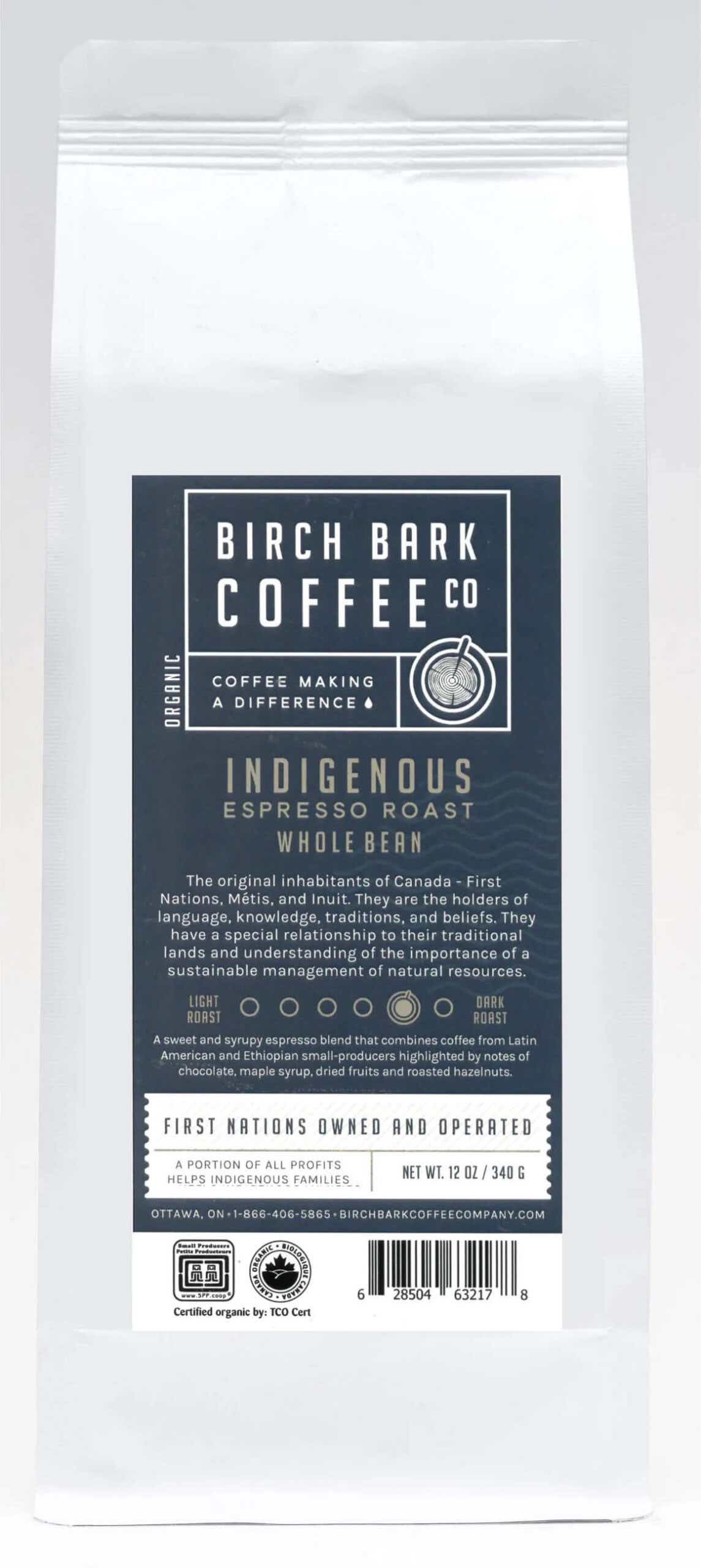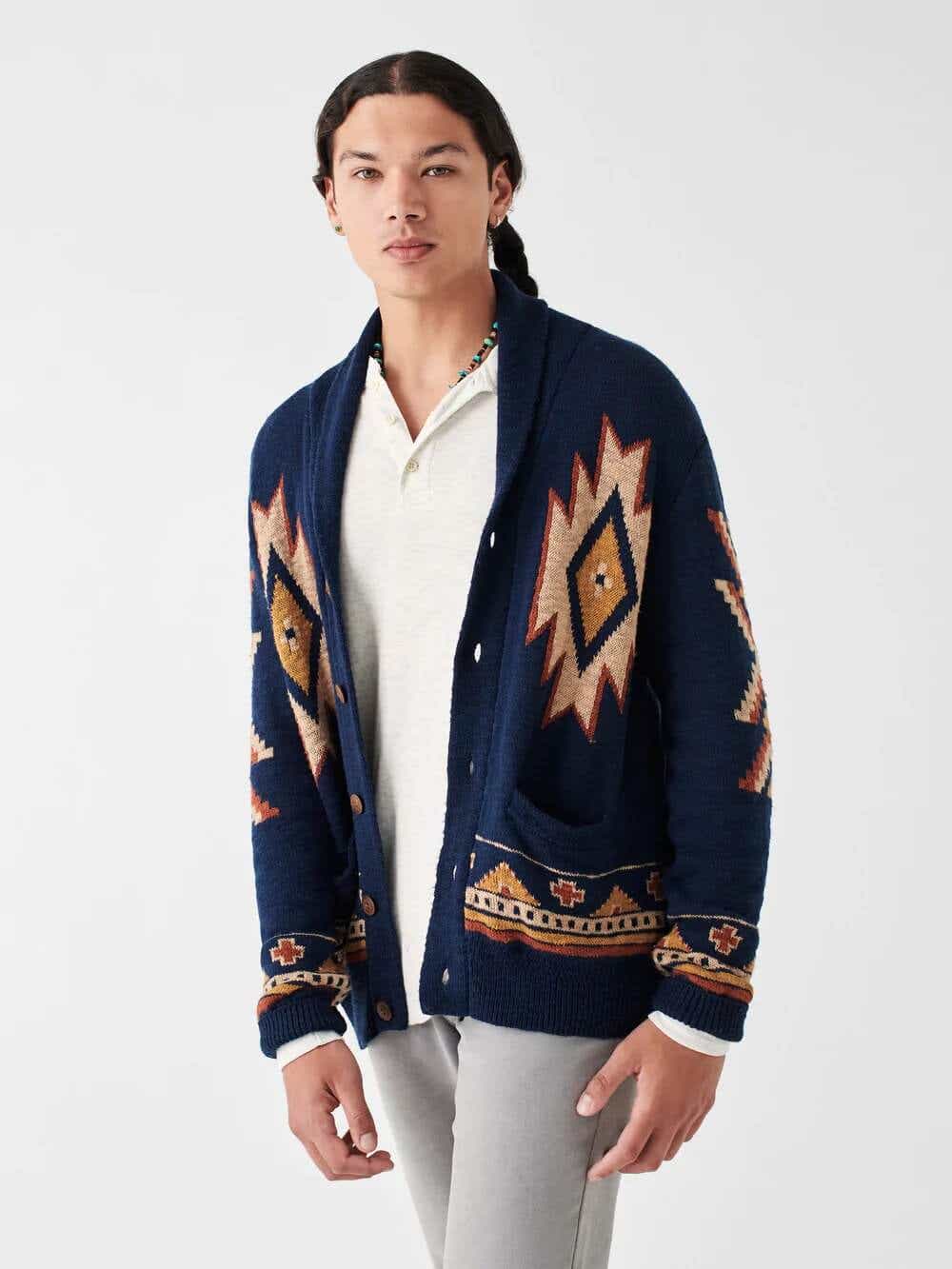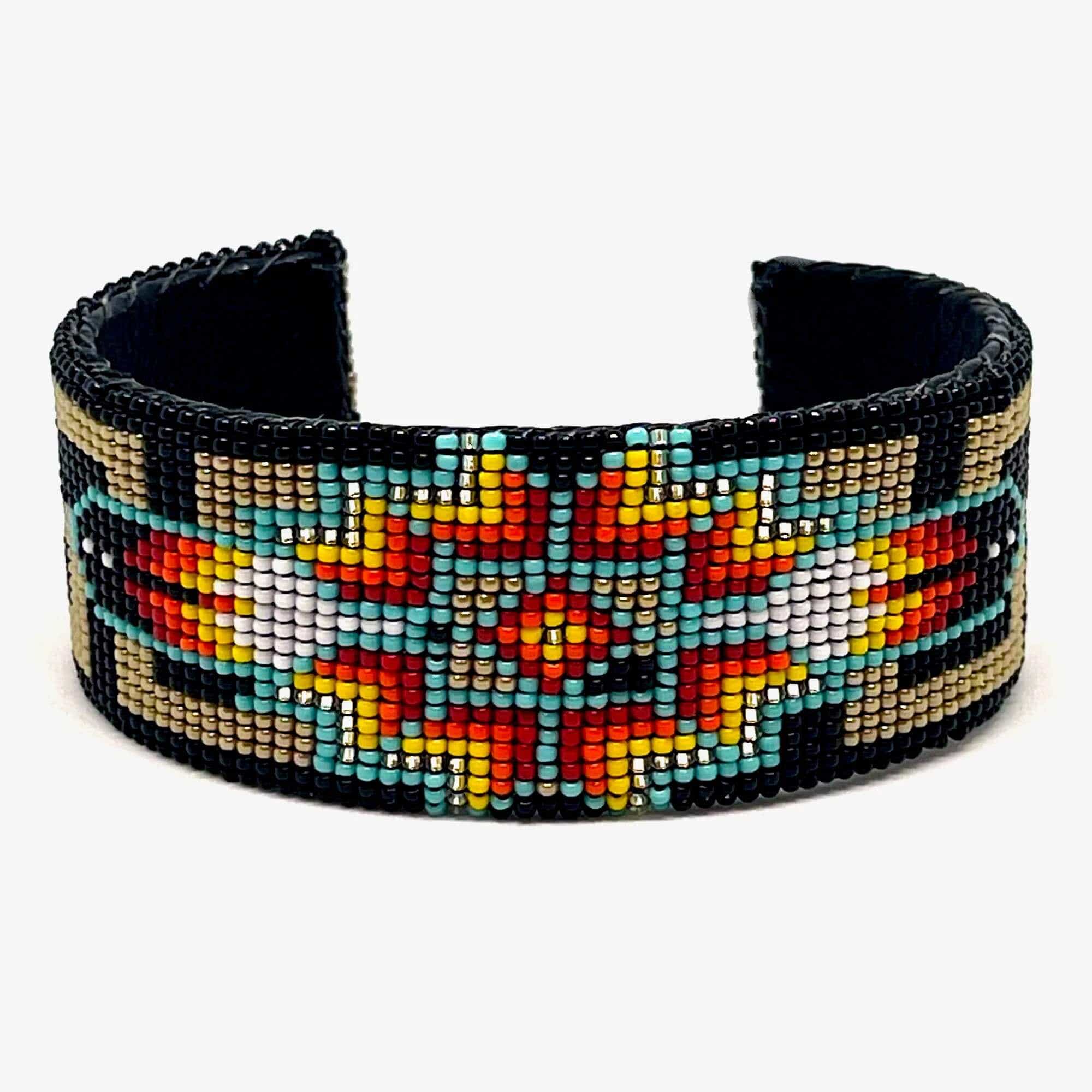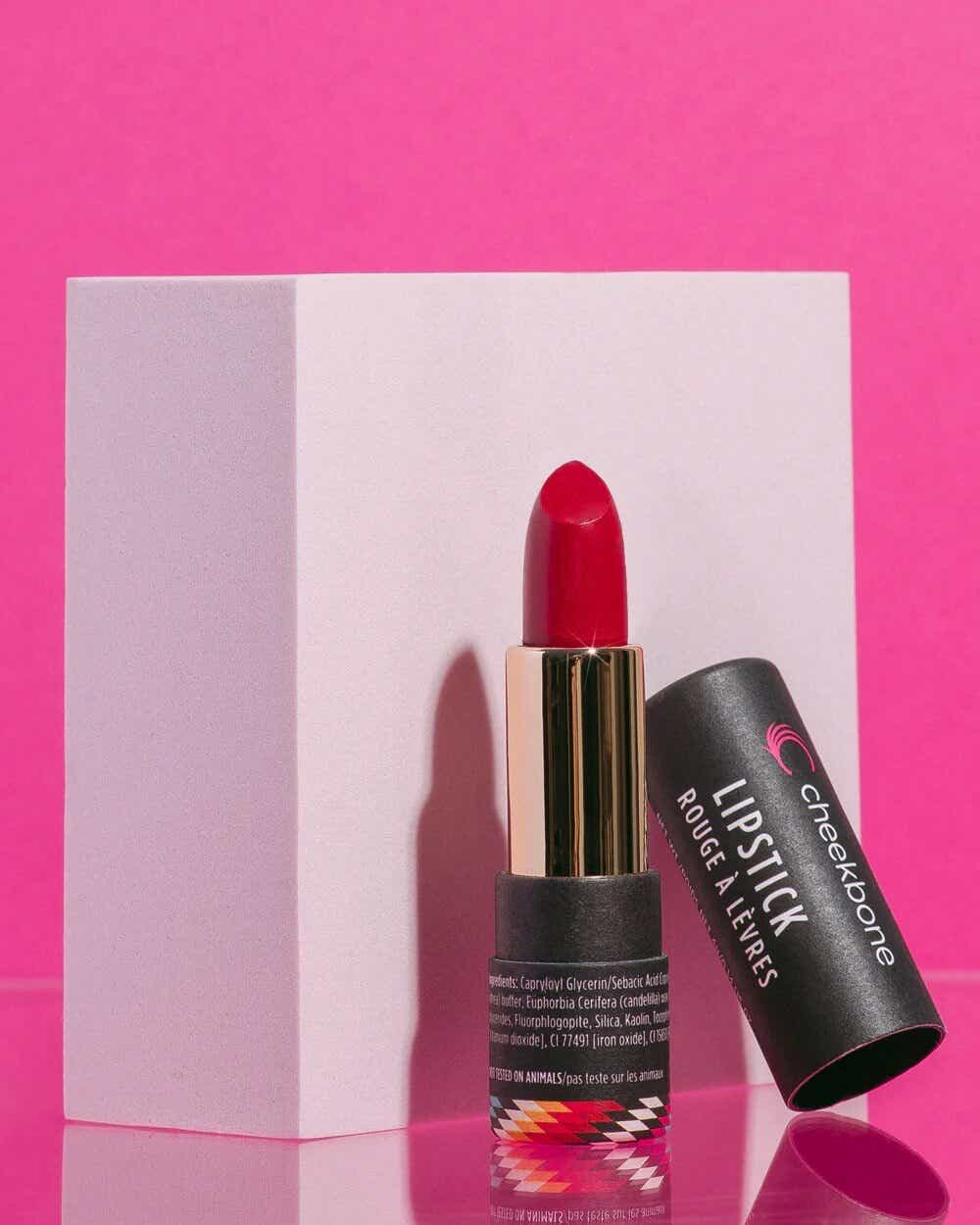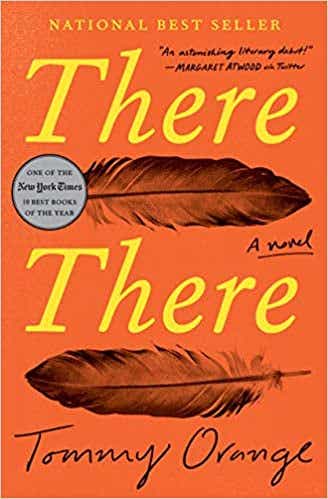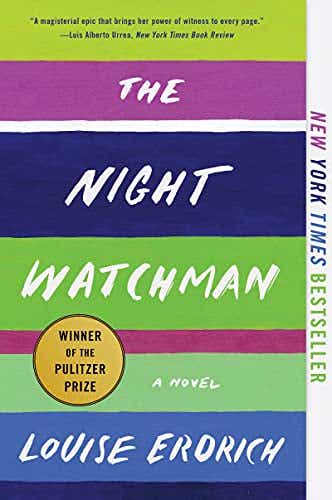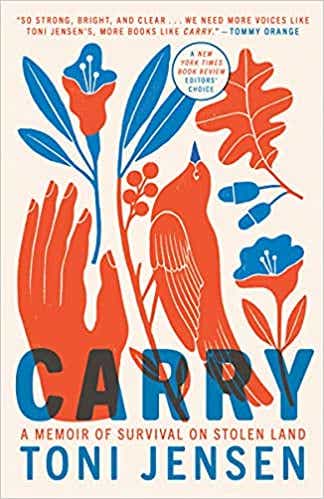Growing up, you may have heard the old rhyme, “In fourteen hundred ninety-two, Columbus sailed the ocean blue.” For years, Christopher Columbus was considered the man who “discovered” America. And in 1937, the U.S. declared Columbus Day a federal holiday largely based on advocacy by Italian Americans who faced discrimination as non-white immigrants.
Since then, there’s been mounting controversy over the holiday, considering there were vibrant, thriving communities of people living in the Americas long before European settlers landed there. America has a long and brutal history of oppressing Indigenous peoples, and recently, the bodies of hundreds of children were found in unmarked graves at the sites of former boarding schools — residential facilities that hundreds of thousands of Indigenous children were forced to attend as part of the Civilization Fund Act of 1819. These “schools” were created to strip Indigenous children of their cultural identity and assimilate them into Western Christian society, as well as to effectively erase native inhabitants for colonizers to take their land. They are a shameful stain on our country’s past, and the impact has reverberated for generations.
Although we might never know how much precious cultural history was erased through these efforts, in recent years, a number of cities in the U.S. have renamed Columbus Day Indigenous Peoples’ Day to celebrate Native American history. It also honors those Indigenous people who have been actively fighting back against colonialism for hundreds of years.
This year, we encourage you to celebrate Indigenous Peoples’ Day by supporting Native American-owned businesses and reading books, trying new recipes, and watching content made by Indigenous authors and artists. We’ve rounded up some of our favorite Indigenous-owned businesses, educational books and streaming content, and nonprofits that are doing incredible work in the community.
Native-Owned Brands to Shop on Indigenous Peoples’ Day
Ginew
Ginew
Ginew is the first Native American-owned denim collection, founded by Amanda Bruegl (Oneida, Stockbridge-Munsee) and Erik Brodt (Ojibwe). The two are originally from Wisconsin, but now reside in Oregon. Many of their designs are inspired by their ancestry and families who have lived in Wisconsin for generations, and you can find family symbols and teachings incorporated into many of their garments.
Trickster Company
Trickster Company
Created by siblings Rico and Crystal Worl, Trickster Company is a shop that focuses on promoting innovative Indigenous designs. The two are based in the Northwestern United States, which is why many of their products explore “themes and issues in Native culture and strive to represent a prestigious lineage of art in fresh and energetic ways as a celebration of Northwest Coast culture as it lives today.” From beautiful home goods like this carved wall hanging to stylish clothing, Trickster Company has something for everyone.
Birch Bark Coffee Co.
Birch Bark Coffee Co.
Coffee lovers know that how beans are harvested and roasted are just as important (if not more) than how they are prepared before brewing a cup. Birch Bark Coffee Co. is a fair-trade, organic, SPP-certified (meaning all coffee is grown and harvested by Indigenous descendants) coffee brand that ensures Indigenous communities are involved in every step of their coffee-making process, and that they give back to those communities to help them have clean water and lead healthy lives.
B. Yellowtail
Faherty
Bethany Yellowtail is the LA based designer behind B.Yellowtail, which is heavily influenced by Yellowtail’s Northern Cheyenne and Crow tribe heritage. She recently did a beautiful collaboration with Faherty, and we’ve fallen head over heels for this cozy collared cardigan.
Eighth Generation
Eighth Generation
Eighth Generation is a Seattle-based art and lifestyle brand owned by the Snoqualmie Tribe, and it sells beautiful blankets and other gifts made by Native artists. All of their blankets are gorgeous and special, and come in a range of colors and patterns, from neutral to vibrant.
Beyond Buckskin
Beyond Buckskin
In 2009, Jessica R. Metcalfe (Turtle Mountain Chippewa) founded Beyond Buckskin as an e-commerce platform to showcase items created by Native American designers and artists. The site is a treasure trove of original art, jewelry, and clothing, but our eyes were immediately drawn to this gorgeous handmade beaded bracelet by Navajo artist Earl Nathaniel.
Séka Hills Olive Oil
Amazon
After you’ve tried Séka Hills Extra Virgin Olive Oil, you’ll never be able to go back to the regular grocery store brand. “Séka” means “blue” in the Patwin language, and the company was named after the blue hills that the Yocha Dehe Wintun Nation’s land overlooks in Northern California. The tribe owns more than 22,000 acres in California where they farm their products and work to protect and preserve the natural landscape.
Cheekbone Beauty
Cheekbone Beauty
Jenn Harper, the founder of Cheekbone Beauty, struggled to accept and understand her indigenous roots for most of her life, and it wasn’t until she learned about her grandmother’s experience at a residential school that she began to understand the generational trauma she faced. She founded Cheekbone Beauty with a mission to create an Indigenous-owned, sustainable beauty company that would support young Indigenous women. Ten percent of all of the company’s profits go toward organizations that support Indigenous youth.
They are best known for their lipsticks, and for good reason: the Aki red, which is named for the Anishinaabe or Ojibwe language word for land or earth, compliments literally every single skin tone.
Books About the Indigenous Experience
“There There” by Tommy Orange
Author Tommy Orange is a member of the Cheyenne and Arapaho tribes and was raised in Oklahoma, and his debut novel There There was a finalist for the 2019 Pulitzer Prize. The novel consists of essays about a large group of Native Americans living in Oakland, CA, and their struggles with everything from alcoholism to unemployment to ethnic identity.
“The Night Watchman” by Louise Erdrich
Author Louise Erdrich wrote this Pulitzer Prize winning novel in honor of her grandfather. It’s about the tribal chairman of the Turtle Mountain Band of Chippewa in North Dakota who serves as a nightwatchman in the 1950s. His life and the lives of his family are upended when he learns that their tribe has been flagged by the American government for “emancipation,” which will strip them of the little land they have left.
“Carry: A Memoir of Survival on Stolen Land” by Toni Jensen
This powerful memoir about what it’s like to be an Indigenous woman living in America today is told through the lens of Toni Jensen’s personal encounters with gun violence. She contrasts her own family experience with guns — her father was a card-carrying member of the NRA — with the constant threat of racism and gun violence she feels while working on a college campus.
Native-Inspired Dishes to Cook on Indigenous Peoples’ Day
Kale and Toasted Pumpkin Seed Salad from Tawâw: Progressive Indigenous Cuisine by Shane M. Chartrand
Shane M. Chartrand was Born to Cree parents and raised by a Métis father and Mi’kmaw-Irish mother. He’s dedicated years to learning about his history, visiting with other First Nations peoples, gathering and sharing knowledge and stories, and creating dishes that reflect his experiences doing so. The result is tawâw: Progressive Indigenous Cuisine, a book that traces Chartrand’s culinary journey. He is now the executive chef at the acclaimed SC Restaurant in the River Cree Resort & Casino in Enoch, Alberta, on Treaty 6 Territory.
Three Sisters Summertime Salad with Smoked Trout from The Sioux Chef’s Indigenous Kitchen by Sean Sherman and Beth Dooley
Sean Sherman, the Oglala Lakota chef and founder of The Sioux Chef, provides a delectable introduction to the modern indigenous cuisine of the Dakota and Minnesota territories.
Native-Inspired Movies and Shows to Watch on Indigenous Peoples’ Day
Reservation Dogs (Hulu, FX)
This FX series available on Hulu is hands down one of the most original, hilarious, and, at times, heartbreaking shows out right now. It follows four Indigenous teenagers attempting to leave their reservation in Oklahoma to start a new life in California. The show is the first to exclusively feature Indigenous writers and directors, and also a vast majority of Indigenous cast, production team, and crew.
Padma Lakshmi’s Taste The Nation Episode 7, “The Original Americans” (Hulu, FX)
Taste The Nation is less of a cooking show, and more of an exploration of where the cuisines we typically consider to be “American” actually came from. In episode seven, Lakshmi travels to Arizona. There she meets with a variety of Native Americans and learns how the combination of a well-established food culture and the subsequent isolation and lack of access to nutritious food that Indigenous people faced when forced onto reservations has led to the cuisines that we typically associate with Indigenous communities today.
Gather (iTunes, Amazon Prime Video)
Gather is a documentary that focuses on modern Indigenous Americans who are attempting to reclaim their cultural heritage by rebuilding native food systems. It’s a great film to watch after learning the history of Indigenous food in Taste the Nation. There is Nephi Craig, a chef from the White Mountain Apache Nation in Arizona who opens a cafe, Elsie Dubray, a scientist studying Bison from the Cheyenne River Sioux Nation in South Dakota, and a group of environmental activists from the Yurok Nation in Northern California who are trying to save the Klamath River.
Where to Donate to Support Indigenous Communities
Flower Hill Institute
Flower Hill is a native-owned nonprofit that works to help Indigenous people preserve and enhance cultural resources, prepare youth to inherit leadership, improve economic self-sufficiency, organize inter-tribal movements, and improve climate change resiliency.
NDN Collective
NDN Collective is a South-Dakota based Indigenous-led organization of grassroots organizers and community builders dedicated to equality. Through organizing, activism, philanthropy, grant-making, capacity-building, and narrative change, they aim to create sustainable solutions on Indigenous terms.
Native American Media Alliance
The Native American Media Alliance is a community-based organization that provides the genuine voice of Native Americans in the entertainment industry and offers unique programs that educate the non-Native population.







